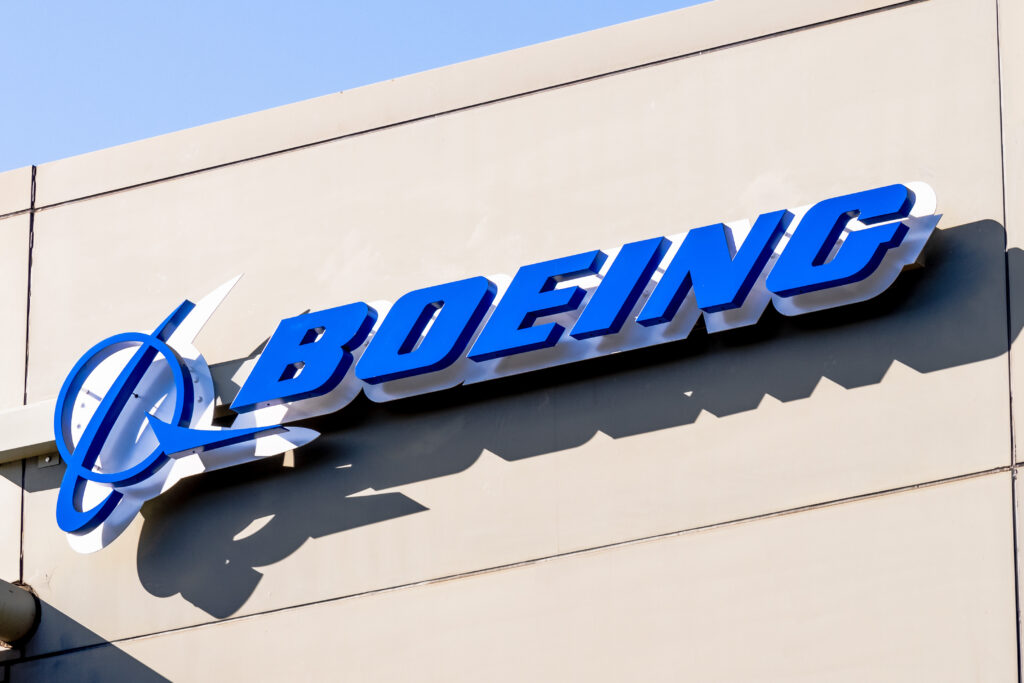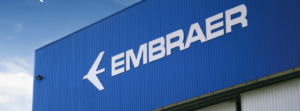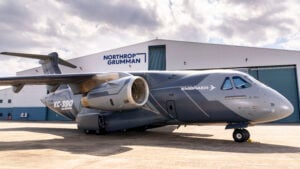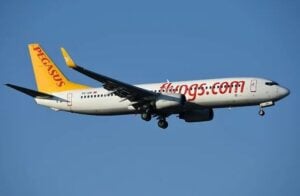Boeing has reported third-quarter revenue of US$17.8 billion, with a GAAP loss per share of (US$9.97) and a core loss per share of (US$10.44), primarily due to the IAM work stoppage and charges on commercial and defence programmes. The company posted negative operating cash flow of (US$1.3 billion) and free cash flow of (US$2.0 billion).
CEO Kelly Ortberg emphasised Boeing’s focus on transforming its culture, stabilising operation, and improving programme execution to rebuild the company’s legacy. Boeing’s cash and investments in marketable securities dropped to US$10.5 billion from US$12.6 billion. The company also secured a new US$10 billion credit facility, increasing total available credit to US$20 billion.
Operating cash flow was (US$1.3 billion) in the quarter, reflecting lower commercial wide-body deliveries and unfavourable working capital timing, including the impact of the IAM work stoppage.
Commercial Airplanes recorded revenue of US$7.4 billion with an operating margin of (54.0) percent, impacted by US$3.0 billion in pre-tax charges on the 777X and 767 programmes. The segment booked 49 net orders, delivered 116 aircraft, and reported a backlog of over 5,400 planes valued at US$428 billion.
Defense, Space & Security posted revenue of US$5.5 billion, with a negative operating margin of (43.1) percent, driven by US$2.0 billion in charges on the T-7A, KC-46A Tanker, and other programmes. The segment delivered the first MH-139A to the U.S. Air Force and finalised a contract for two E-7A Wedgetails. The backlog for this segment stood at US$62 billion, with 28 percent from international customers.
Global Services generated revenue of US$4.9 billion with a 17.0 percent operating margin, reflecting higher commercial volume. It secured agreements with All Nippon Airways for a landing gear exchange programme and integrated material management, as well as a KC-135 spares contract from the U.S. Air Force. Boeing’s total company backlog was US$511 billion at the end of the quarter.
































